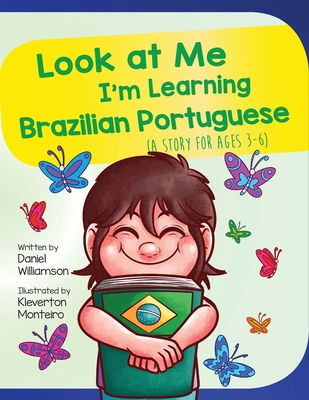
description
of the Russian Bolshevik Revolution and its post-colonial legacy, woven together from lecture excerpts by the renowned Pan-African revolutionary socialist theorist In his short life, Guyanese intellectual Walter Rodney emerged as one of the foremost thinkers and activists of the anticolonial revolution, leading movements in North America, Africa, and the Caribbean. Wherever he was, Rodney was a lightning rod for working-class Black Power organizing. His deportation sparked Jamaica's Rodney Riots in 1968, and his scholarship trained a generation how to approach politics on an international scale. In 1980, shortly after founding the Working People's Alliance in Guyana, the 38-year-old Rodney was assassinated. Walter Rodney's The Russian Revolution collects surviving texts from a series of lectures he delivered at the University of Dar es Salaam, an intellectual hub of the independent Third World. It had been his intention to work these into a book, a goal completed posthumously with the editorial aid of Robin D.G. Kelley and Jesse Benjamin. Moving across the historiography of the long Russian Revolution with clarity and insight, Rodney transcends the ideological fault lines of the Cold War. Surveying a broad range of subjects--the Narodniks, social democracy, the October Revolution, civil war, and the challenges of Stalinism--Rodney articulates a distinct viewpoint from the Third World, one that grounds revolutionary theory and history with the people in motion.
member goods
No member items were found under this heading.
Return Policy
All sales are final
Shipping
No special shipping considerations available.
Shipping fees determined at checkout.







